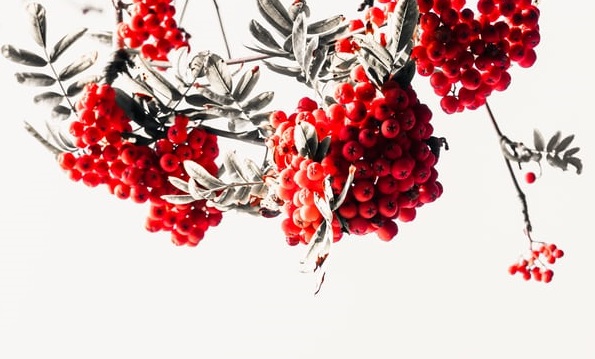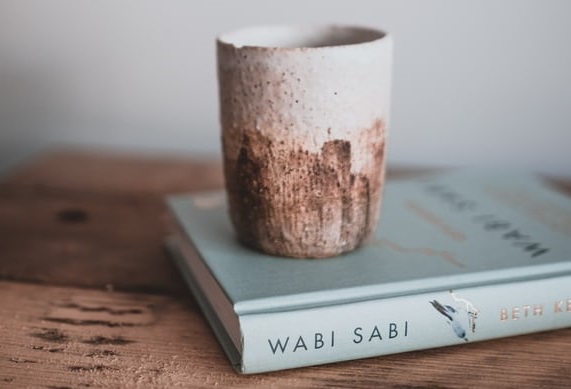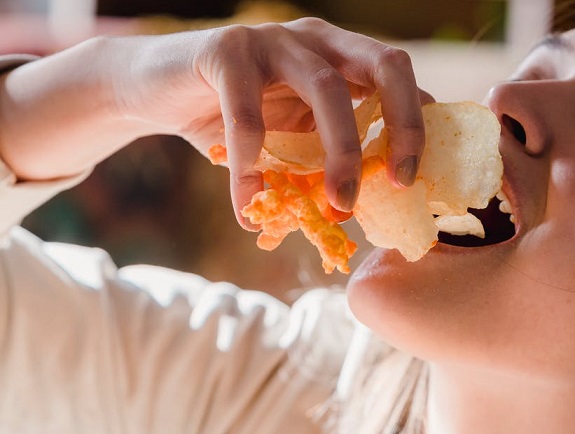
You may think you don’t know any Japanese words, outside of, perhaps, konichiwa (hello), arigato (thank you), and sushi (well, um, sushi), but you actually probably know quite a few: futon, kimono, koi, tsunami, typhoon, karaoke, karate, sensei, samurai, ninja, sake, matcha, kombucha, wasbi, tofu, ramen, teriyaki (okay, you probably know a lot of Japanese food words), anime, shiatsu, zen, and origami (one of my uncles once scared away a bunch of bully schoolmates, telling them he knew the “ancient art of origami” while striking a karate-like pose).
Though my Mom is 3rd generation Japanese-Canadian, we learned very little Japanese language. Canada’s internment of all Japanese-Canadians during World War II made assimilation high priority for that population after the war. As a result, one of the few Japanese expressions I heard occasionally from my relatives was shikata ga nai (shi-kah-tah gah nigh). Literally translating to “there is no way,” the intent is to let go of the things you cannot change. I now use this as a mantra when things that are outside of my control are stressing me out. Shikata ga nai. Shikata ga nai. Shikata ga nai. Feels pretty good to repeat that while mentally letting go of the reins.

Itadakimasu (it-a-da-key-ma-su) is another Japanese word I learned as a kid. Though as kids we joked it was, “eat a duck I must,” this phrase is said before enjoying a meal and means “I humbly receive.” It’s a way of offering respect to those who prepared the food and gratitude for the food you are about to enjoy.
Some of the following words I learned when I lived in Japan, prior to studying and practicing acupuncture in Vancouver. Many are words and expressions I’ve learned more recently. While for many of us, 2020 and 2021 have been challenging years with the COVID-19 pandemic, perhaps you’ll find an expression or two here to be helpful, uplifting, or even just amusing.
Beautiful Words
Wabi-sabi (wah-bee sah-bee): an appreciation of impermanence, incompletion, and imperfection because nothing lasts forever, nothing is finished, and nothing is perfect. There’s a sort of freedom in that word/feeling.

Komorebi (ko-mo-reh-bee): the light (sun or moon) that filters through the trees to the forest floor. Poetic, isn’t it?
Shibui (shi-bu-ee): someone or something that has aged gracefully or is cooler or better with age, like a fine wine. A respect an appreciation of how we (and some of our stuff) improve over time. I remember hearing this word when I was in my 20s and living in Japan, but of course I have a much greater appreciation of it now!
Words About Health, Food, and Inspiration
Ikigai (yes, it’s pronounced “icky guy”): purpose in life, reason for living, raison d’etre. Having an ikigai makes getting up and going easier, even through distressful, challenging, or fully sh***y times. What’s your ikigai?
Shinrinyoku (shin-rin-yo-koo): literally translated as “forest bathing,” it means spending time in nature to improve mental health. When was the last time you got to practice shinrinyoku? Maybe it’s time to book that in. Perhaps you’ll also get to enjoy some komorebi.

Torimodosu (toh-ree-moh-doh-soo): to get up again and again, no matter how often you’re knocked down. Oh, this one is tough, but I think it’s one of life’s most valuable lessons.
Batan kyu (bah-tan kiu): maybe not something to aim for, but this happens when you are so tired that you fall asleep as soon as you fall into bed. Batan means “flop” and kyu means “stillness.” Sometime batan kyu happens because you simply haven’t been getting enough restful, restorative sleep, in which case, it’s time you work on that (hint: TCM and acupuncture can help). It can also happen when you have such a busy, fun, and active day that you are happily exhausted at the end, falling into dreamland as soon as your head hits the pillow.
Hari no hibiki (hah-ree no hee-bee-kee): “echo of the needle” is the sensation you might feel after acupuncture needles are removed, as they continue to have their beneficial effect. Okay, so this isn’t a common phrase in Japan, but it does mean that and it is something you might hear me say in clinic. ? (Oh, and emoji is another Japanese word.)
Betsu bara (beh-tsoo bah-rah): like you have a “separate or second stomach,” so you can find room for dessert even when you previously felt like you couldn’t fit another morsel of food. I can admit to this one.
and finally, we get to…

Kuchisabashi (koo-chee-sah-bah-shee): “lonely mouth.” Seriously, this is a good expression. It refers to how you might eat out of boredom or loneliness. This is when we can instead call into play some mindful eating practices. And, also another Japanese expression, hara hachi bu (hah-rah hah-chee boo), an instruction to eat until you are 80 percent full, not all the way full.
Do you have any words, expressions, mantras, or activities that you use to help you manage stressful times?

Recent Comments